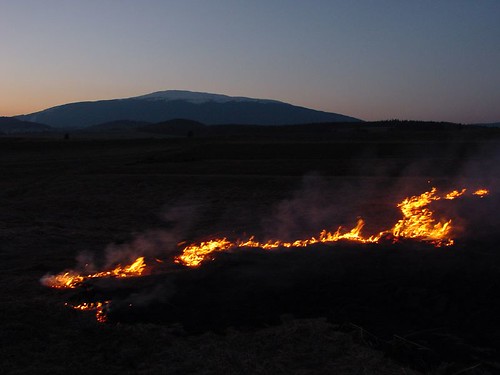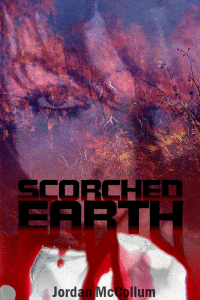I love using the new year as an opportunity to revamp my blog (and lots of other aspects of my life!). For example, in 2012, I devoted Mondays to marketing (I worked in Internet marketing for five years before that). In 2013, I’ve tried to stick to Mondays about the writing life (what I’ve learned as a writer), Tuesdays for the TBR pile, Wednesdays for writing craft, and goals & accountability on first Fridays, with other stuff thrown in there, of course.
But, hey, I’m not just writing this blog for me—I’m writing it for you. What topics do you want to see more of here in 2014?
Can’t see the poll? Click through to vote!
And to press my luck, do you have any feedback about the schedule/format?
Can’t see the poll? Click through to vote!
Oh, how polite!
And how do I feel about my blog? Ambivalent—and not in the “I don’t feel strongly about it/don’t actually know what ambivalent means” sense—in the “I can use a dictionary and I feel strongly about it both ways” sense. I love being able to share my thoughts. I love the idea of connecting with other writers and readers here, and yes, I’m sharing my thoughts 
I was looking back through the last couple months’ posts, and more than half of my posts in October, for example, got no comments—including the posts in a requested series. I’ve been blogging for over seven years, and comments have seriously dried up across the blogosphere, but at some point, I do begin to wonder whether the time and effort I put into blogging is worth it—especially when the thing I love most about blogging, teaching writing craft, could be done via . . . I don’t know, selling books on writing craft?
Could I do a better job promoting my blog? Absolutely. Would it help these problems? No idea. Will I ever stop blogging? Well, who knows, but apparently I can’t shut up, so I’ll probably be around for a long time. Will the blog change? Well, yes . . . just like it does every year 
What are your blogging plans for 2014?




 . And since some of you are new to the blog, I’d like to get to know you, and to know what you’d like to see here! I’d love to hear from you, whether you’re an old or new reader, so I can make my blog worth your while.
. And since some of you are new to the blog, I’d like to get to know you, and to know what you’d like to see here! I’d love to hear from you, whether you’re an old or new reader, so I can make my blog worth your while.
